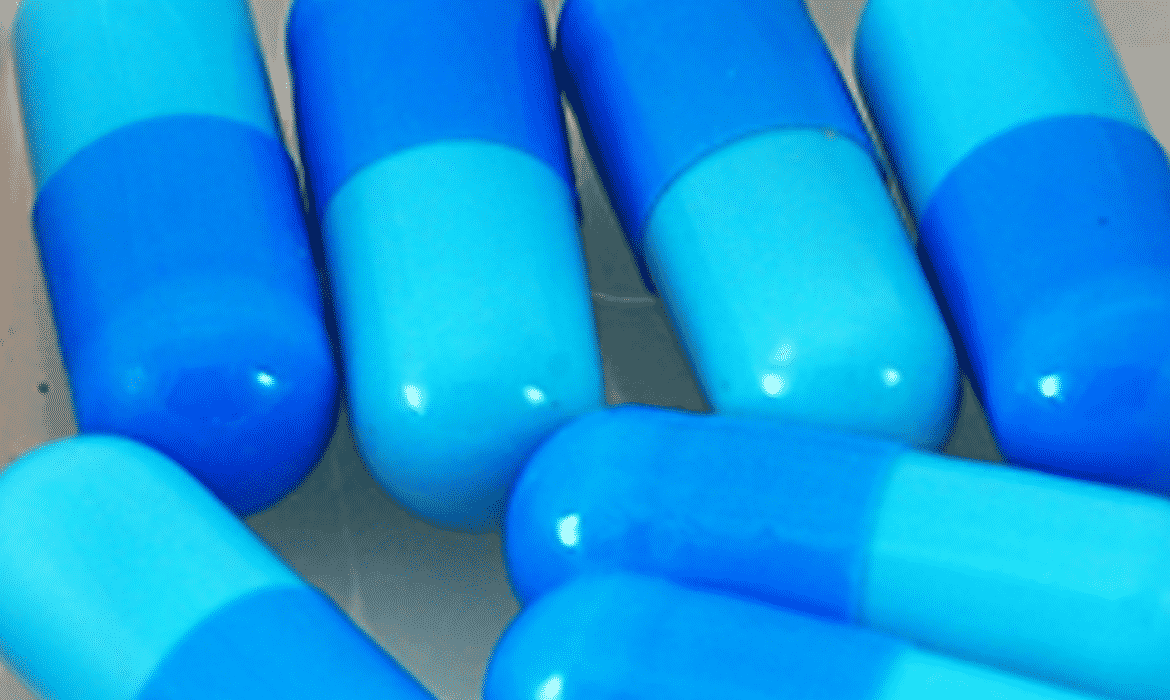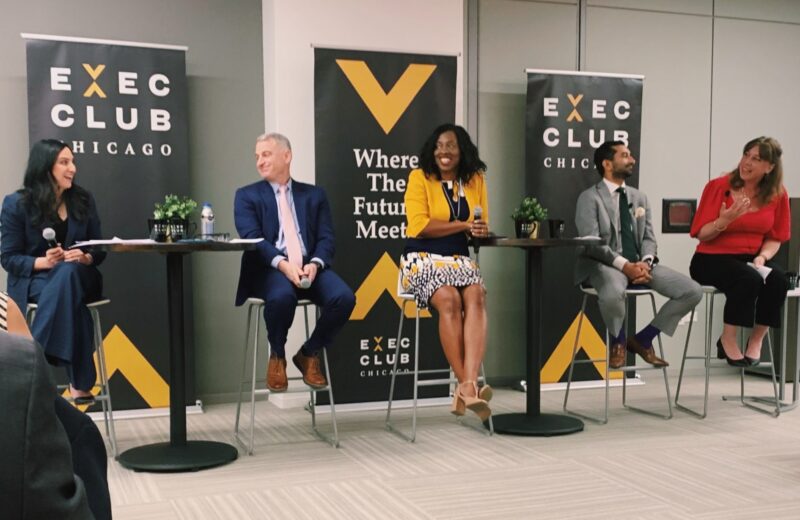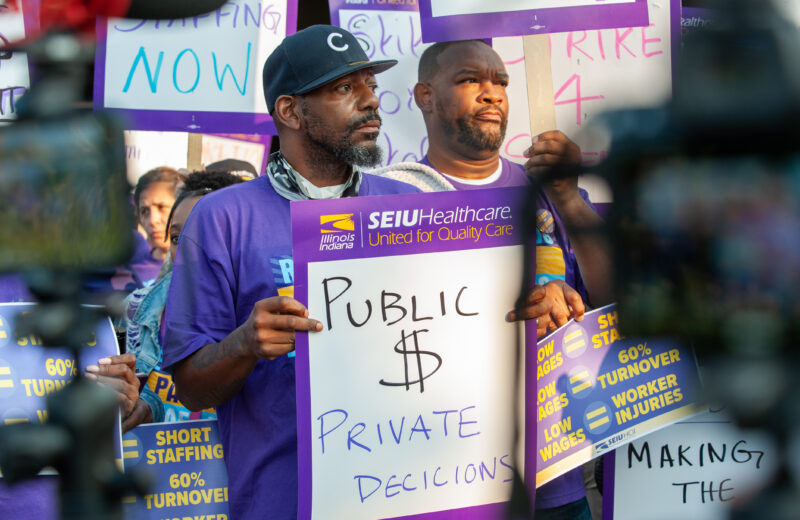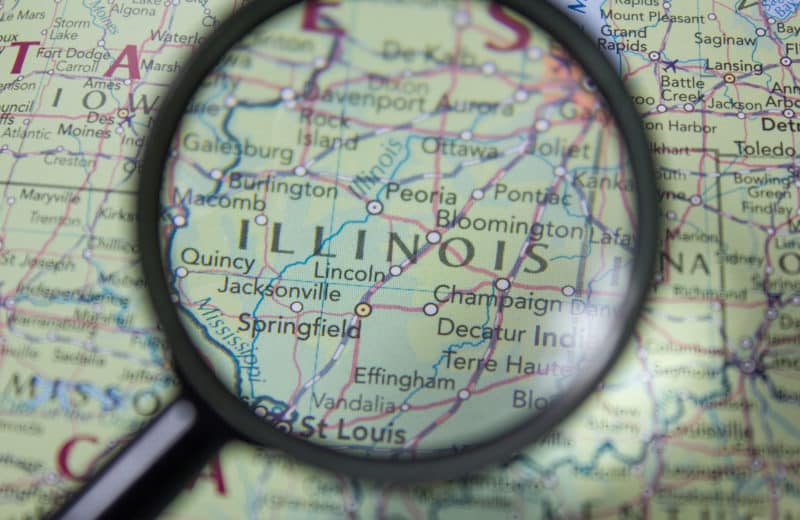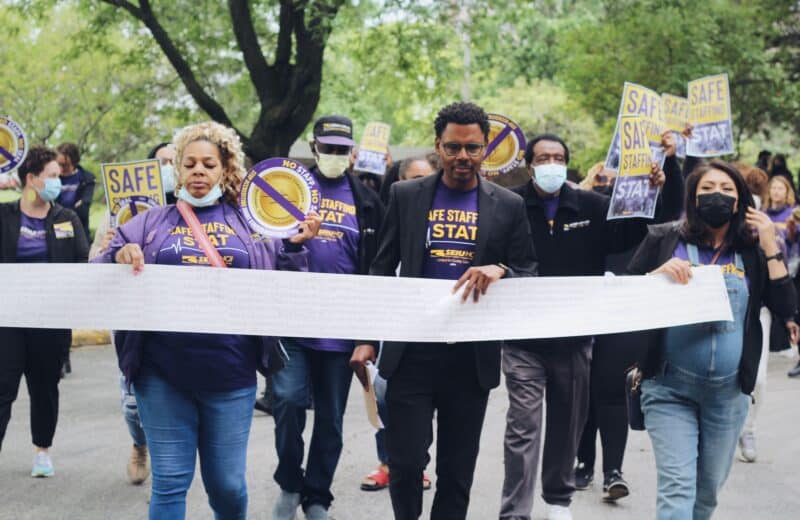The FDA’s approval of generic Doxil has begun to ease shortages of the cancer drug
By Patrick Kenney
Over the last couple years, our healthcare system has been plagued by nationwide drug shortages that have threatened the lives of thousands of patients. The consequences of these shortages have been particularly dangerous because many of the drugs in short supply are potentially life-saving treatments for cancer.
The shortages tend to be a result of disruptions in manufacturing, in many cases due to improper practices by pharmaceutical manufacturing giants that can affect an entire supply chain.
The cancer drug Doxil (doxorubicin HCI liposome injection), which is used frequently in the treatment of recurrent ovarian cancer and relapsed multiple myeloma, has been in short supply since November 2011, when the Food and Drug Administration (FDA) intervened at a plant operated by Ben Venue Laboratories in Bedford, Ohio, where equipment had deteriorated to the point that it shed particles into injectable drugs.
In October 2011, acknowledging the urgency of the shortage crisis, President Barak Obama issued an executive order, which in part instructed the FDA to speed up efforts to get generic drugs approved and on the market. Last month, that effort bore fruit when the FDA approved the first generic form of Doxil, made by Sun Pharma Global FZE.
“Initially, there was an issue with the warehouse distributor not having the generic version available as soon as notification went out that it was available per the manufacturer and that delay was approximately one week,” Kathryn Schultz, a clinical pharmacy specialist in hematology/oncology at Rush University Medical Center, said in an email.
Schultz and her colleagues in the pharmacy department track changes in the supply of cancer drugs, and each week, they report the combined inventory for inpatient and outpatient pharmacies to their cancer center. During intense shortages, hospitals are prepared to share drugs openly amongst themselves to ensure that patients’ needs are met.
In recent weeks, generic Doxil has boosted the drug supply, enabling Rush to provide treatment to more patients. “There were only two [outpatients] on the access program treated during the months of shortage,” Schultz said. “Now [we’re] treating about five [to] six patients a week, mostly in our outpatient infusion center.”
It has been more than three years since Doxil-related patents expired. But Doxil, owned by Johnson & Johnson through its subsidiary Janssen, hasn’t seen any competition from generic versions of the drug, ironically because the FDA had protected them from it.
Generic drugs have the same bioequivalence as their brand-name counterparts. They are, essentially, the same. When the patent on a proprietary drug expires, generics flood the market with a more affordable version of the same medication. This is good for the market and for patients, forcing prices down and incentivizing research and development of the next big drug.
But because Doxil was developed to treat multiple myeloma, a relatively rare form of cancer, it was offered extra protection against generic competition. Pharmaceutical companies don’t need to be encouraged to develop drugs that everyone will want to buy, but when necessary treatments are not so profitable, the FDA offers a reward in the form of an orphan drug product designation, preventing generic competition from driving down the price.
With generic Doxil finally coming online, the supply chain has begun a dramatic shift toward stability. At Rush, “we have gone from a zero stock to having a three-week supply on the shelf, based on our increased current usage,” said Schultz.
On the morning of the generic Doxil approval announcement, Sun Pharmaceutical Industries, the Indian parent of Sun Pharma Global FZE, rallied 4.4 percent on the Indian stock exchange (NSE). Cancer patients won’t be the only beneficiary of the new availability of generic drugs. [email_link]

